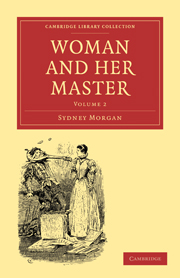Summary
At the death of Trajan, the fortunes of Rome demanded a great prince; and history has amply recorded, that the Emperor Adrian well merited the title. He gave to the empire one of its longest intervals of prosperity and peace; he rendered the people happy by a wise and just administration; and his love of letters, of science, and of arts, affixed the seal of intellectuality to his reign of twenty-one years, upholding for a time the cause of civilization which the virtues of his immediate predecessors had favoured.
Yet this great prince was the reverse of a great man, and still less of a good one! The private vices of Adrian, gradually developed by the increasing facility of their indulgence, soon balanced the influence of his political virtues in public opinion; and if, in the first years of his great reign, even truth compared him to Augustus, posterity has detected in his last years a not unfounded parallel with Nero. His policy and wisdom had, indeed, dictated the humane expediency of religious toleration; “and his vast and active genius was alike suited to the most enlarged views, and to the most minute details of civil policy:” but inordinate vanity overshadowed his higher qualities; “the ruling passion of his soul” betrayed him into all the littleness of the meaner vices of humanity; and many of his private faults, like the worst of his public crimes, were attributable to the lowest, as it is the most relentless of passions,—envy.
- Type
- Chapter
- Information
- Woman and her Master , pp. 219 - 235Publisher: Cambridge University PressPrint publication year: 2010First published in: 1840

